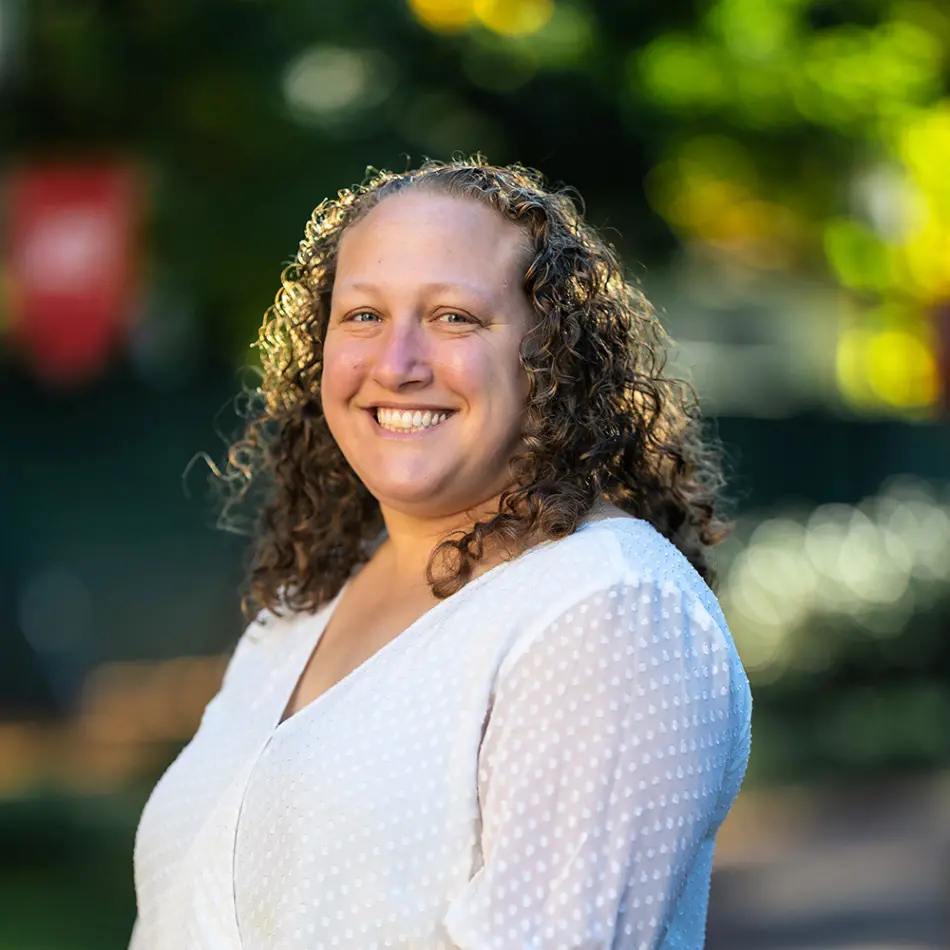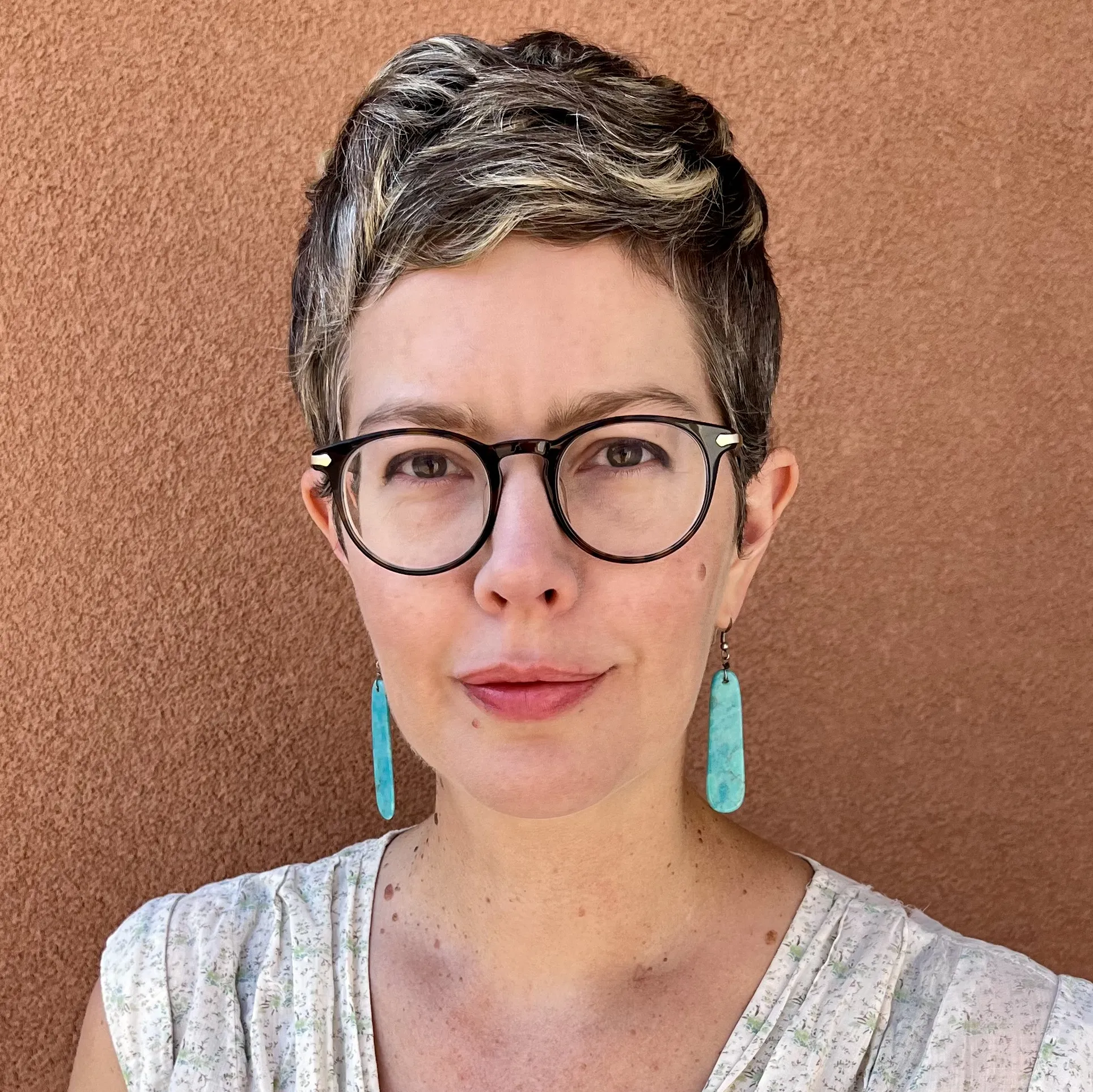Pre-conference Workshops
We are happy to be able to offer two hands-on method workshops that will take place on August 19 (morning) in parallel. Participation is limited to 20 people for each workshop.
Workshop Topic 1: Engaging Youth in Critical, Participatory Research

Gretchen Brion-Meisels
Harvard University
Contact: gretchen_brion-meisels@gse.harvard.edu
In the midst of rising global authoritarianism, youth participatory action research provides educators and scholars with powerful tools to support youth in analyzing and transforming their communities. YPAR is a form of critical, collective inquiry that gives youth the opportunity to identify problems affecting their lives, gather and analyze data about these problems, and determine actions that will begin to rectify them (e.g., Cammarota & Fine, 2008; Mirra, Garcia & Morrell, 2016; Torre, 2005, 2008, 2012). YPAR projects are rooted in histories of popular education, critical theory, and participatory research. Epistemologically, projects are built on the assumption that what is seen as real has been shaped by social, political, cultural, economic, ethnic and gender values. Projects do not seek to discover immutable truths; rather, YPAR investigates the social patterns which function as truths in people’s everyday lives. YPAR facilitators intentionally provide young people with information about how to collect and analyze data without dictating the results of their inquiries. As such, YPAR supports youth in developing sociopolitical and democratic competencies, while also generating critical insights for organizations, communities, and the larger sociopolitical systems in which we live.
This workshop will share the foundational theories of youth participatory action research, best practices for engaging in this work with youth, and some of the emerging questions about this approach. It will give participants a chance to consider how they might better partner with youth in their own research, as well as what tensions arise from this type of critical, participatory approach to research.
Workshop Topic 2: Qualitative Interviewing to Understand Identity, Culture, and Context

Ursula Moffitt
University of New Mexico
Contact: moffittu@unm.edu
Human development necessarily occurs in sociocultural context, with individuals both shaping and being shaped by the world around them. In educational and psychological research, however, this reciprocal process is often obscured.
The aim of this workshop is to offer participants a foundation for conducting and analyzing semi-structured interviews in a way that supports a nuanced study of person and context, as well as the links between the two. We will discuss concrete strategies for designing interview protocols and analyzing interview data to engage with individual narratives as sources of shared cultural knowledge. A critical onto-epistemological lens will be employed, pushing us to examine how individuals uphold and resist norms of patriarchy, white supremacy, and related systems of power in their everyday lives. Moreover, we will reflect on our own roles as researchers within these systems, considering our positionalities and the impact of the choices we make throughout each step of the research process.
Basic familiarity with qualitative research will be helpful but is not required.
